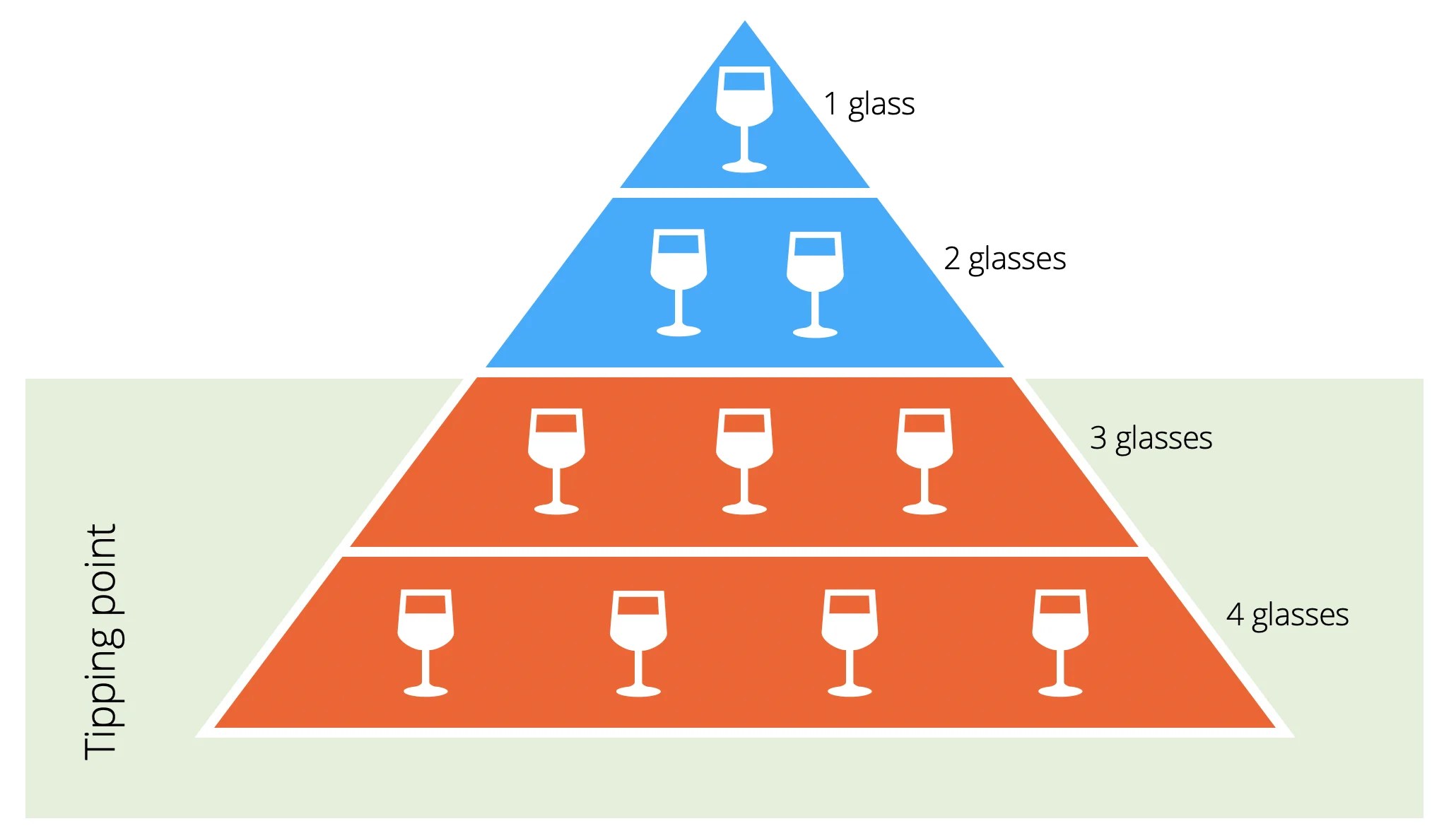Understanding the relationship between alcohol consumption and weight gain is crucial for anyone looking to maintain a healthy lifestyle. With the increasing popularity of social drinking and the rise of craft cocktails, many people are left wondering if their favorite beverages are contributing to unwanted pounds. In this article, we will delve into the science behind alcohol and weight gain, exploring various factors that play a role in this complex relationship.
Alcohol is often seen as an empty calorie source, providing little nutritional value while contributing to daily caloric intake. However, the way our bodies metabolize alcohol is more complicated than simply counting calories. This article aims to provide an in-depth analysis of how alcohol affects our metabolism and whether it truly contributes to weight gain.
By breaking down the myths and facts surrounding alcohol consumption and weight management, we hope to empower readers to make informed choices. Let’s explore the science, statistics, and expert opinions on this important topic.
Table of Contents
- Understanding Alcohol and Calories
- How Alcohol Affects Metabolism
- The Types of Alcoholic Beverages and Their Caloric Content
- The Role of Drinking Habits in Weight Gain
- Alcohol and Appetite Regulation
- Psychological Factors and Alcohol Consumption
- Research Studies on Alcohol and Weight Gain
- Conclusion
Understanding Alcohol and Calories
Alcohol contains calories, but they are often referred to as "empty calories" because they provide no essential nutrients. The caloric content of alcohol varies depending on the type of beverage:
- Beer: Approximately 150 calories per 12-ounce serving
- Wine: About 125 calories per 5-ounce serving
- Spirits: Roughly 100 calories per 1.5-ounce serving (not including mixers)
When consumed, alcohol is metabolized differently than carbohydrates, fats, and proteins. The body prioritizes alcohol metabolism, leading to a temporary pause in the breakdown of other macronutrients. This can affect overall calorie expenditure and storage.
How Alcohol Affects Metabolism
When you consume alcohol, your body treats it as a toxin and metabolizes it first. This process can disrupt the regular metabolic processes of fats and carbohydrates:
- Alcohol is converted to acetaldehyde, a toxic substance, and then to acetate, which is used for energy.
- Due to this prioritization, fat oxidation is inhibited, leading to increased fat storage.
- Alcohol can also influence hormone levels, such as insulin, which plays a key role in fat storage.
The Impact on Fat Storage
Research indicates that regular alcohol consumption can lead to increased fat accumulation, particularly in the abdominal area. This is often referred to as "beer belly," but it can occur with any type of alcohol consumption.
The Types of Alcoholic Beverages and Their Caloric Content
Not all alcoholic beverages are created equal. Here’s a more detailed look at various types of drinks and their caloric values:
| Beverage | Calories |
|---|---|
| Light Beer | 90-110 |
| Regular Beer | 150-200 |
| Wine (Dry) | 120-130 |
| Sweet Wine | 150-200 |
| Spirits (Vodka, Gin, etc.) | 100 |
The Role of Drinking Habits in Weight Gain
How much and how often you drink plays a significant role in weight management. Consider these factors:
- Frequent binge drinking can lead to substantial weight gain over time.
- Social drinking often accompanies high-calorie foods, further contributing to weight gain.
- Mindless drinking (e.g., drinking while watching TV) can increase total caloric intake.
Moderation is Key
Moderate drinking—defined as up to one drink per day for women and up to two for men—may not significantly impact weight. However, exceeding these limits can lead to unwanted weight gain.
Alcohol and Appetite Regulation
Alcohol can influence appetite in multiple ways:
- It may increase the desire for high-calorie foods.
- Alcohol consumption can impair the body’s ability to recognize fullness.
- Mixed drinks often contain sugary mixers, increasing overall calorie consumption.
Psychological Factors and Alcohol Consumption
The relationship between alcohol consumption and weight gain is not purely physiological. Psychological factors also come into play:
- Stress and emotional eating can lead to increased alcohol consumption.
- Social norms around drinking can pressure individuals into consuming more than they intend.
- Alcohol can serve as a reward or coping mechanism, leading to excess consumption.
Research Studies on Alcohol and Weight Gain
Numerous studies have explored the connection between alcohol and weight gain:
- A study published in the journal "Obesity" found that individuals who consumed more than two alcoholic beverages per day were at a greater risk of obesity.
- Research from the "American Journal of Clinical Nutrition" suggests that moderate alcohol consumption may be associated with lower body weight compared to non-drinkers, but excessive drinking leads to weight gain.
Conclusion
In conclusion, while alcohol does contribute to caloric intake, the relationship between alcohol and weight gain is complex and influenced by various factors, including drinking habits, type of alcohol, and psychological influences. Moderation is key to enjoying alcohol without significant weight gain. If weight management is a concern, it’s essential to consider both the quantity and quality of alcohol consumed.
We encourage you to share your thoughts on this topic. Have you noticed any changes in your weight related to your drinking habits? Leave a comment below or share this article with friends who might find it helpful!
Penutup
Thank you for reading! We hope this article has provided valuable insights into the connection between alcohol and weight gain. We invite you to explore more articles on our site for tips on healthy living and nutrition.
- Oleksandr Zinchenko
- 1534693 Piece Female Characters Deserve Attention
- Thay Ksada
- 1230857 Tyler Perry Net Worth Age Height House Wife Son
- Tiffany Link Earrings
- Kristy Mcnichol
- La Freeway Protest
- Josh Allen Old Tweets
- 1470855 Zack Lugos Biography Age Height Net Worth Girlfriend Brother


